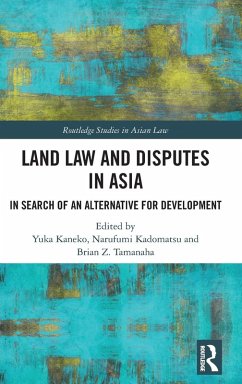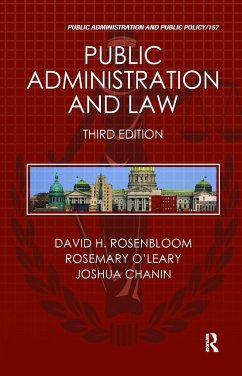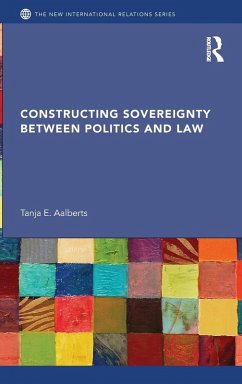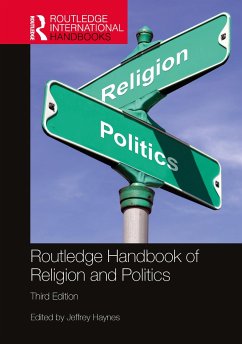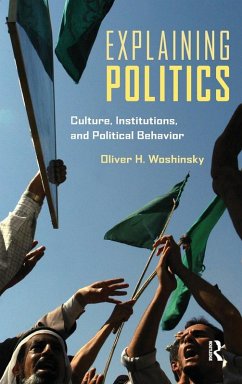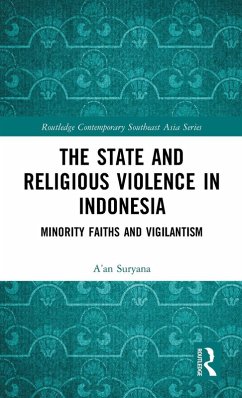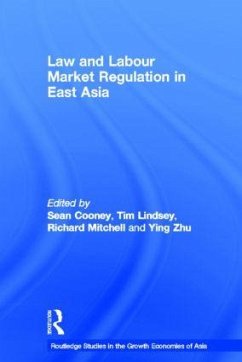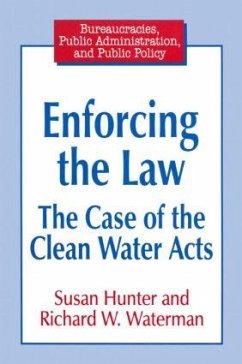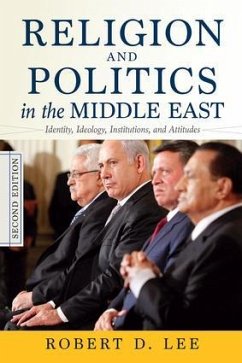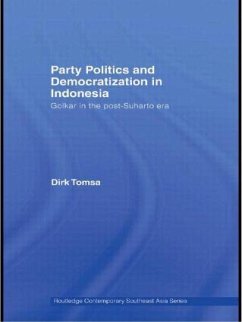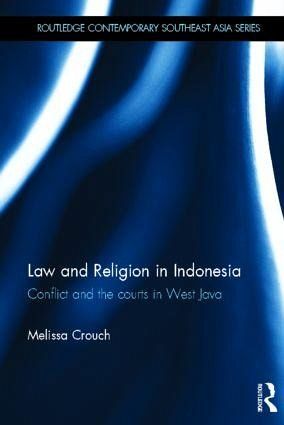
Law and Religion in Indonesia
Conflict and the courts in West Java
Versandkostenfrei!
Versandfertig in 1-2 Wochen
175,99 €
inkl. MwSt.
Weitere Ausgaben:

PAYBACK Punkte
88 °P sammeln!
Understanding and managing inter-religious relations, particularly between Muslims and Christians, presents a challenge for states around the world. This book investigates legal disputes between religious communities in the world's largest majority-Muslim, democratic country, Indonesia. It considers how the interaction between state and religion has influenced relations between religious communities in the transition to democracy. The book presents original case studies based on empirical field research of court disputes in West Java, a majority-Muslim province with a history of radical Islam....
Understanding and managing inter-religious relations, particularly between Muslims and Christians, presents a challenge for states around the world. This book investigates legal disputes between religious communities in the world's largest majority-Muslim, democratic country, Indonesia. It considers how the interaction between state and religion has influenced relations between religious communities in the transition to democracy. The book presents original case studies based on empirical field research of court disputes in West Java, a majority-Muslim province with a history of radical Islam. These include criminal court cases, as well as cases of judicial review, relating to disputes concerning religious education, permits for religious buildings and the crime of blasphemy. The book argues that the democratic law reform process has been influenced by radical Islamists because of the politicization of religion under democracy and the persistence of fears of Christianization. It finds that disputes have been localized through the decentralization of power and exacerbated by the central government's ambivalent attitude towards radical Islamists who disregard the rule of law. Examining the challenge facing governments to accommodate minorities and manage religious pluralism, the book furthers understanding of state-religion relations in the Muslim world. This accessible and engaging book is of interest to students and scholars of law and society in Southeast Asia, was well as Islam and the state, and the legal regulation of religious diversity.




